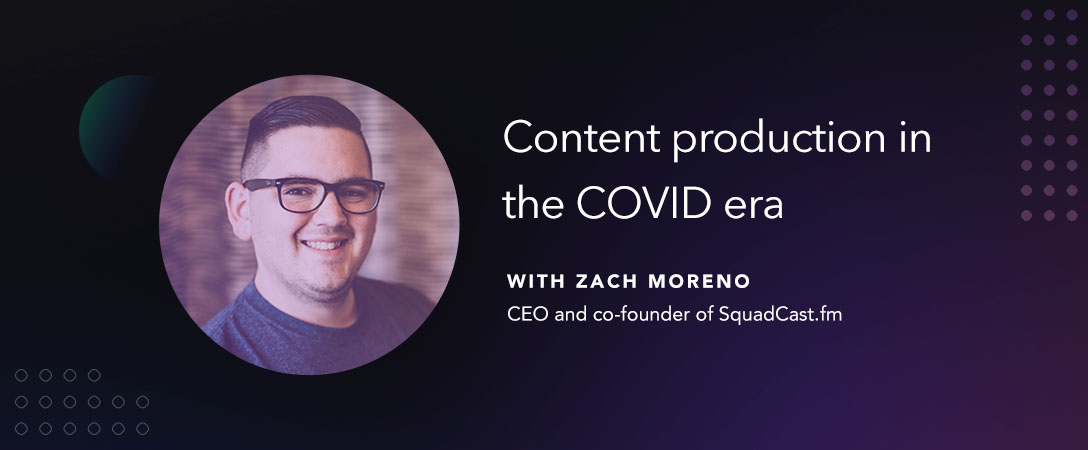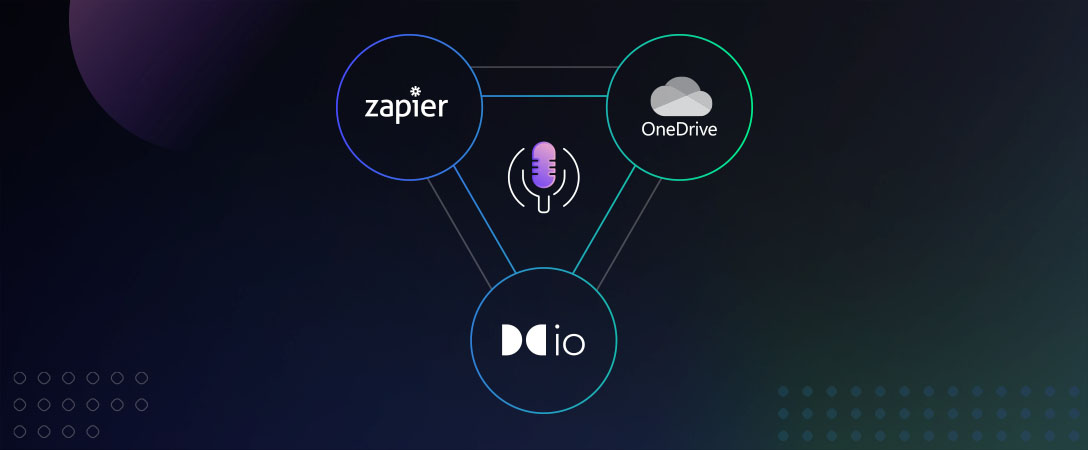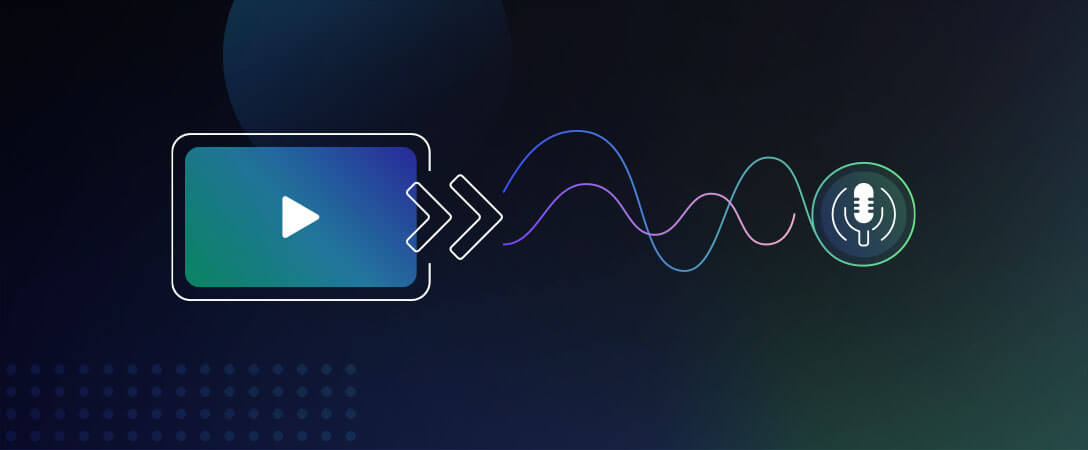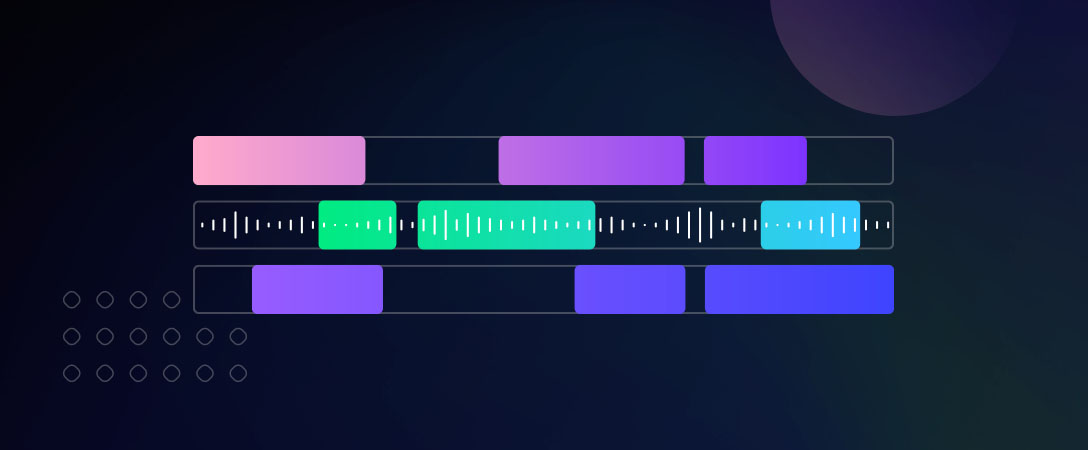With an estimated 100 million American monthly listeners and a vast catalog of content, there’s never been a larger, more willing audience for podcasts, and the big platforms are noticing. Apple and Spotify now both claim over a million podcasts available on their platforms, and last week Amazon announced that it would add 100,000 shows to its Audible app. But how are content creators and media companies adapting in a time where commutes are practically non-existent, studios largely unavailable, and face-to-face interviews are a rarity?
Squadcast.fm, an early adopter of Dolby.io interactivity and media processing APIs, is a platform with the mission to help professional podcasters and the podcast community record studio quality interviews, even when participants are on opposite sides of the globe. In addition to independent content creators, SquadCast already works with prolific podcast publishers like ESPN, iHeartRadio, and Vox Media. The company predates the onset of the global COVID-19 pandemic (and as such, the recent podcast “boom”), giving them unique insight into just how the podcasting landscape has changed.
Podcasting is alive
and well
According to Zach Moreno, CEO and co-founder of SquadCast.fm, podcasters aren’t slowing down.
“We’re seeing just a staggering growth in all things content production,” Moreno said, noting that over a year of audio – close to 9,000 hours – was recorded on SquadCast.fm in September alone. Though commutes were previously significant surface vectors for podcast consumption, the extra time people are getting back is fueling this massive media expansion.
Level playing field
But can amateur and independent podcasters achieve the same professional production level as their media conglomerate counterparts? According to Moreno, they’re all in the same boat. “Today, everyone has the same studio setup: home.” Recording remotely actually carries plenty of advantages compared to in-person. For example, the ability to immediately begin podcast editing once a recorded interview finishes; being able to add support personnel like fact checkers or producers in real-time to interviews; or simply accommodating a heavier schedule of back-to-back guests.
Video bridges the digital and in-person experience
Moreno admits that collaborating remotely isn’t the same as being in-person, which is why SquadCast.fm aims to move that digital conversation experience closer to reality. “We’ve always had video for our users, that way you get the simple but important experience of body language and eye contact.” Even if the video isn’t part of the final product, Moreno says it still makes for an overall better recorded podcast. And on the audio side, SquadCast.fm will integrate Dolby.io spatial audio into their platform in the coming months to make remote recording feel even more lifelike. “The better quality source material you can start with, the better off your final product is going to be, especially for your listeners.”
On that note, Moreno offers a simple trick to help podcast newbies and veterans alike get started with better quality recording: wear headphones!
Bring superior sound to your podcasting platform with the Media Processing APIs. Check out the demo with your audio and sign up for a free account.








